“Inclusive, good–quality education is a foundation for dynamic and equitable societies.“
Desmond Tutu
Very few higher education institutions (HEIs) of India, like the IITs, IISc and few other good Indian universities, find a place in the world rankings. The education processes got disrupted due to the COVID-19 pandemic since the last week of March this year. So, it has become important that we do not compromise on quality education and maintain the standards of excellence in education as we ‘Unlock’ as per the COVID-19 Recovery Plan.
The uncertainty in the decision-making process at the end of the institutions has been due to lockdowns. As a result, academic governance has been unable to comprehend a congenial contingency plan. Owing to it, the higher education regulators of the country have come out with broader outlines to handle this disruption. The disruption embedded with uncertainty raises concerns with the proposed guidelines too.
“Tell me and I forget. Teach me and I remember. Involve me and I learn.”
Benjamin Franklin
The eminent premier institutions of the country are evolving plans to maintain the standards of excellence. The considerations of the digital-divide, compassion, empathy, and respect for all in these challenging times complicate the decision making.
It is praiseworthy that IITs took feedback from stakeholders in finalizing the COVID-19 action plan
Academic calendar revision due to lockdown has a trade-off between the quality of the teaching-learning process and the timeline. The better quality of teaching-learning processes need time, which is limited due to the lockdowns and it is equally important to maintain the academic calendar. Such discontinuance of on-campus teaching-learning processes happening across the world means that the timelines should not be of much concern. Globally, the delays in the processes are inevitable.
May Read: Challenges in Handling Disruption in Education during COVID-19
It is praiseworthy that IITs took feedback from the stakeholders in finalizing the COVID-19 action plan and considered it. Possibly, the absence of uniform access to online content and variation in the quality of digital connectivity didn’t permit adapting online teaching for left out courses along with other reasons.
“The direction in which education starts a man will determine his future life”
Plato
It goes without saying that any dilution in the quality of education will cause weaknesses in the knowledge of students. Such weakness may levy heavy penalties on the country’s education system. This is much worrisome for the premier institutions of the country enjoying good world ranking. Few IITs have decided to award grades in the current semester on the basis of pre-COVID-19 performance, with the provision of deregistering students from courses instead of a fail grade. They have also made provisions of grade improvements through re-examination as and when the colleges open.
The prevailing online education model, evolved as an emergency measure to handle disruption during the period of constraints, can not assure quality due to resource limitations.
Promoting everyone ahead with the assessment based on the part semester performance in the institutions having continuous evaluation appears fair. Howbeit, it will have the voids due to the absence of cent percent course coverage in class and proper internships. Apparently, it is better than the practice of online content sharing and assessment because the integrity of processes remains intact. The prevailing online education model has evolved as an emergency measure to handle disruption during the period of constraints and can not assure quality due to resource limitations.
In many other higher education institutions the limitations of digital connectivity seem to have taken a backseat.
The institutions handling affluent students may not get discomforted with the online processes as the required facilities are with them. This is not alike with those possessing intellectual capabilities but living in financial hardships. In many other HEIs, the limitations of digital connectivity seem to have taken a backseat. There are instances where educators & students have raised concerns for access, equity, quality, and sanctity of processes in online mode.
The courses demand on-campus teaching, instead of the ‘scan-and-deliver’ model practiced majorly in online mode currently.
Would it not be better to populate the forthcoming session to teach the left out subjects properly following trimester-like arrangement or increasing the academic contact hours? The COVID-19 disruption warrants unconventional solutions without diminishing the contact type teaching. Perchance the straight jacket solutions will not help in negotiating the challenge. The courses demand on-campus teaching, instead of the ‘scan-and-deliver’ model practised majorly in online mode. Possibly, flexible plans for each year and each course for quality education may serve the purpose.
Students need exposure to face-to-face teaching as well as field experience to become good professionals, engineers & technologists.
For example, the prefinal year engineering students may get promoted to the final year without completing certain subjects. Also, the internships from home are replacing the field vocational/industrial training. Remember that the students need exposure to face-to-face teaching as well as field experience to become good professionals, engineers & technologists.
Education is once in a lifetime opportunity for everyone to gain knowledge and transformative experiences for high achievements.
Importantly, education is once in a lifetime opportunity for everyone to gain knowledge and transformative experiences for high achievements. The formal education system envisages upgrading the knowledge and understanding of the individual. It does not aim at merely securing a certificate. The incomplete teaching in the face-to-face mode will weaken the knowledge and confidence level of the students. Such learning gaps are of serious concern in the premier institutions of the country who teach the best brains of the respective generation.
The formal education system envisages upgrading the knowledge and understanding of the individual and not merely securing a certificate.
The country fantasizing to become ‘Vishwa Guru’ has to foster its Generation Z with the utmost excellence standards. The self-oriented learning in unison with on-campus teaching-learning processes has been useful to supplement the learning level. The prevailing disruptions leading to sole dependence on online processes cannot be confounded with self-oriented learning blended with on-campus education. The self-reliance in the students from the perspective of seeking knowledge dilutes the quality of education and maybe detesting. The clarion call for ’Atmanirbhar Bharat’ should not impose self-learning on the students, thereby compromising with excellence.
The self-reliance in the students from the perspective of seeking knowledge dilutes the quality of education and maybe detesting.
Let us not forget that India has a demographic dividend. It stocks the best brains of the world. Worth noting that despite a poor world ranking of Indian HEIs, our undergraduate students are in great demand all across the world. It is just because of the propensity for academic rigour in the premier HEIs. Thus, the teaching-learning, being the foundation of the quality of education & research in HEIs should be of the highest quality. The COVID-19 recovery plan contemplated by top HEIs of the world only gives clues of the ways to handle disruption. Every country has its own education methodology and should not imitate them.
Students having online facilities are at an advantageous position as compared to those without facilities.
In some cases, considering the mental state and limitations of students in lockdown, online interactions have been made optional. This places the students having online facilities at an advantageous position as compared to those without facilities. It is a precarious situation. Either to go for it or not to go for it can only help in effective planning regarding the education quality of delivery.
Deferment of the scheduled recruitments, hirings, and academic processes through a centralised decision by the government could reduce panic.
Kudos to the apex regulators for releasing advisories for handling disruption caused by COVID-19 in education. Had the Government also deferred the scheduled recruitment & hiring along with academic processes, the panic could have been eased.
“I never teach my pupils I only attempt to provide the conditions in which they can learn“
Albert Einstein
COVID-19 disruption brings a new opportunity for academia to contemplate reforms in education delivery while maintaining excellence. Let us not depend much on remote learning instead of cognitive learning in the face-to-face mode, as it may lead to dysfunctionality in society.
Disclaimer: The views expressed in this article are of the author solely. TheRise.co.in neither endorses nor is responsible for them.
About the author
Prof. Onkar Singh is the former Vice Chancellor of Veer Madho Singh Bhandari Uttarakhand Technical University, Dehradun, He has been the Founder Vice-Chancellor of the Madan Mohan Malaviya University of Technology, Gorakhpur (U.P.). He is a Professor of Mechanical Engineering at Harcourt Butler Technical University, Kanpur (U.P.).

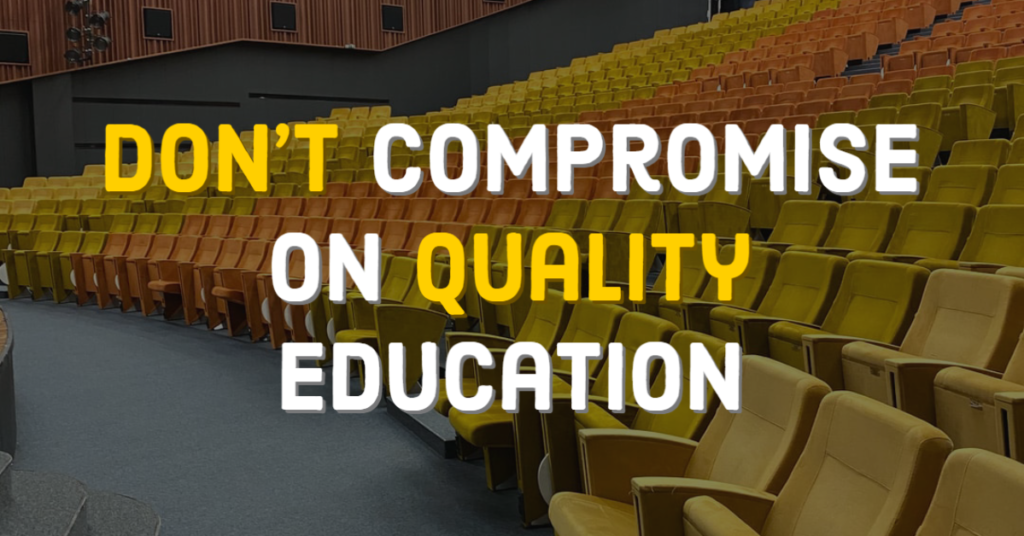




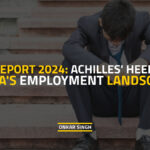


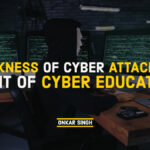
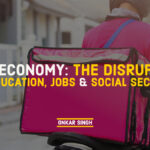





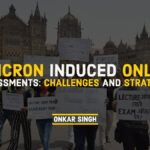
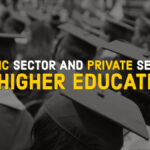

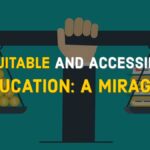


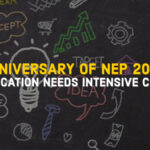


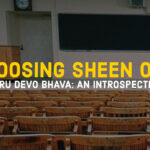


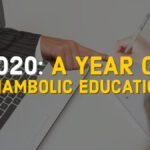




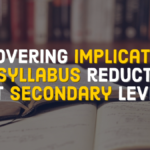
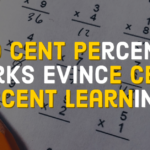
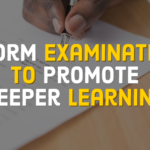
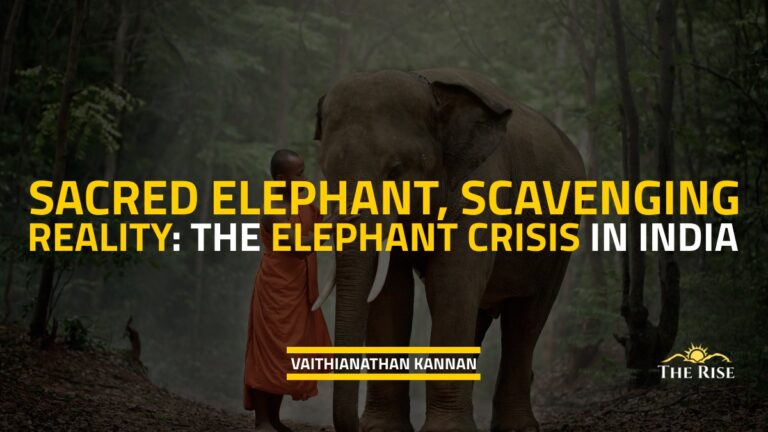

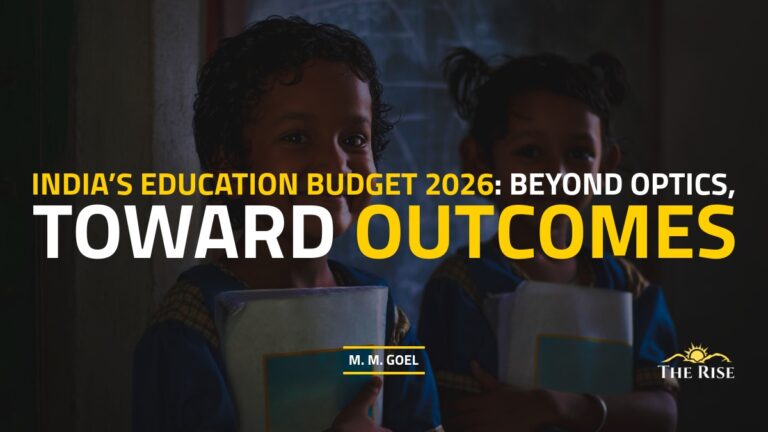

In the present scenario,those who are underprivileged and not tech savvy will suffer a lot.
These points are worth considering, for future planning
Pingback: Does cent percent marks evince cent percent learning? - TheRise.co.in
Pingback: Uncovering implications of syllabus reduction TheRise.co.in
Pingback: Scrutinizing the appointment of Vice-Chancellors - TheRise.co.in
Pingback: Time to educate about nature! - TheRise.co.in - Article by Kunal Sharma
Pingback: Scrutinizing the appointment of Vice-Chancellors – Ashok Diaries
Pingback: Schools becoming Garden of Selfish Giant! - TheRise.co.in
Pingback: Rethink and reform the examination system - TheRise.co.in
Pingback: Quality Education: A Luxury or A Fundamental Right? - TheRise.co.in